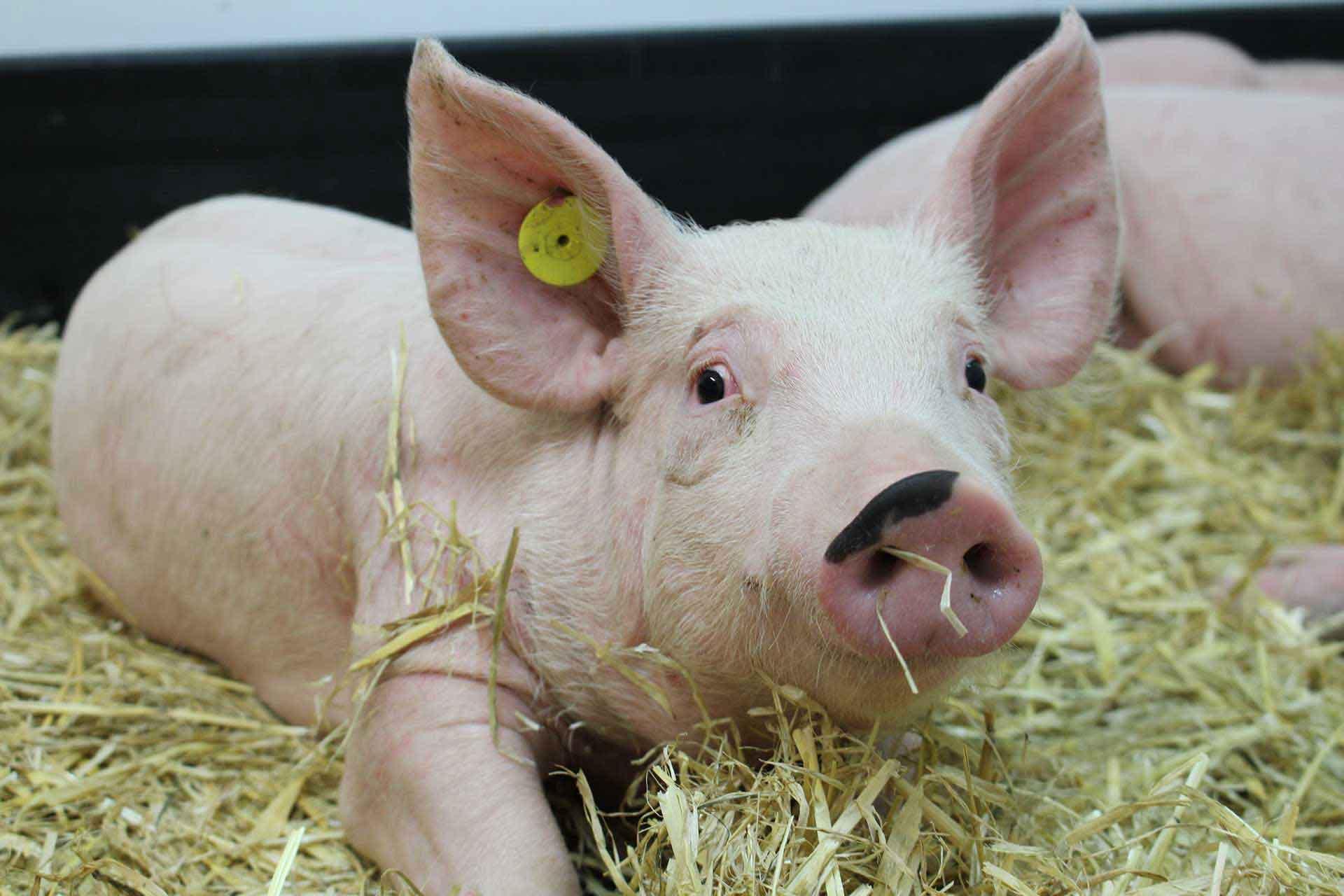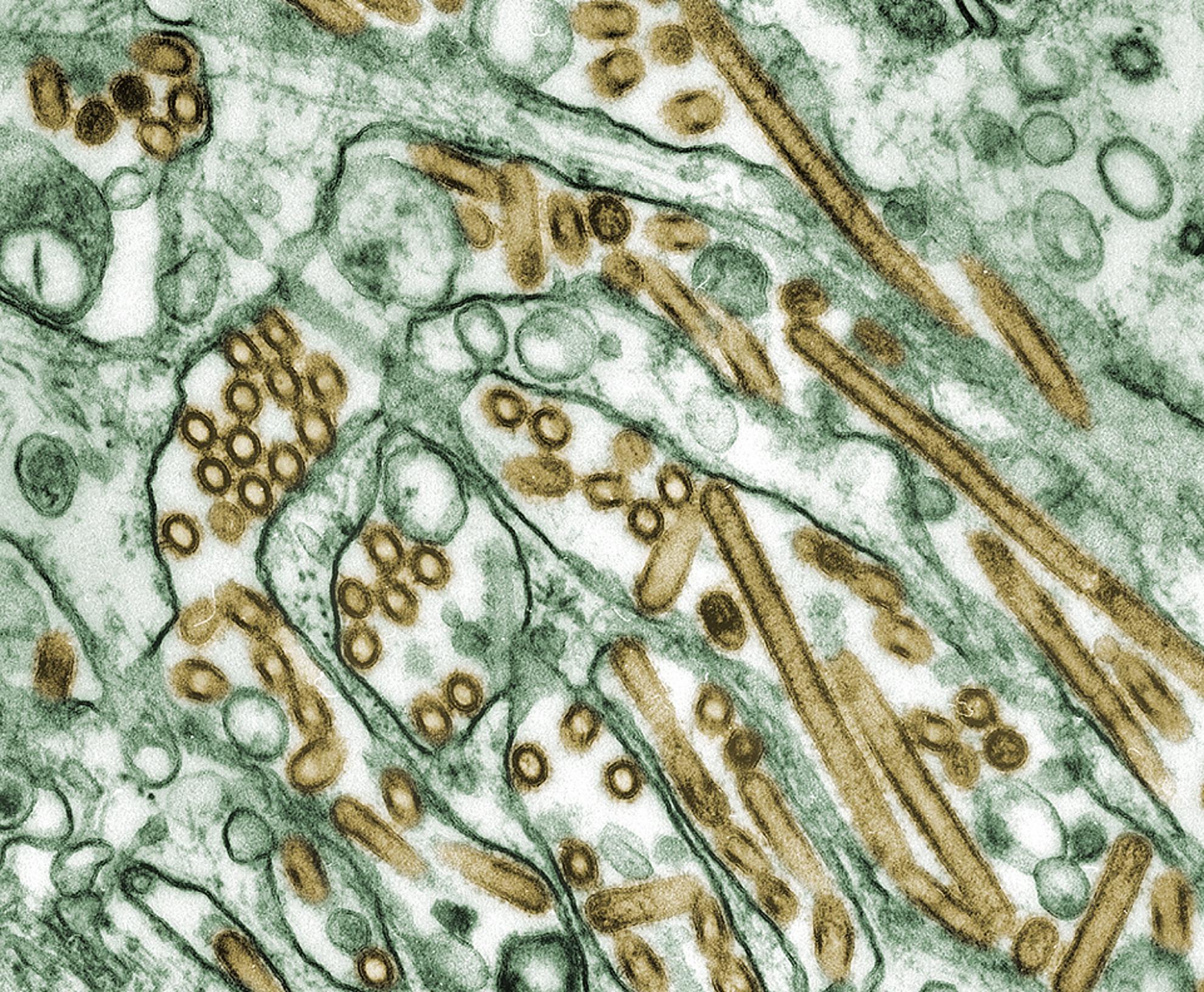Effect of mucosal adjuvant IL-1β on heterotypic immunity in a pig influenza model
T cell responses directed against highly conserved viral proteins contribute to the clearance of the influenza virus and confer broadly cross-reactive and protective immune responses against a range of influenza viruses in mice and ferrets. We examined the protective efficacy of mucosal delivery of adenoviral vectors expressing hemagglutinin (HA) and nucleoprotein (NP) from the H1N1 virus against heterologous H3N2 challenge in pigs. We also evaluated the effect of mucosal co-delivery of IL-1β, which significantly increased antibody and T cell responses in inbred Babraham pigs. Another group of outbred pigs was first exposed to pH1N1 as an alternative means of inducing heterosubtypic immunity and were subsequently challenged with H3N2. Although both prior infection and adenoviral vector immunization induced strong T-cell responses against the conserved NP protein, none of the treatment groups demonstrated increased protection against the heterologous H3N2 challenge. Ad-HA/NP+Ad-IL-1β immunization increased lung pathology, although viral load was unchanged. These data indicate that heterotypic immunity may be difficult to achieve in pigs and the immunological mechanisms may differ from those in small animal models. Caution should be applied in extrapolating from a single model to humans.



